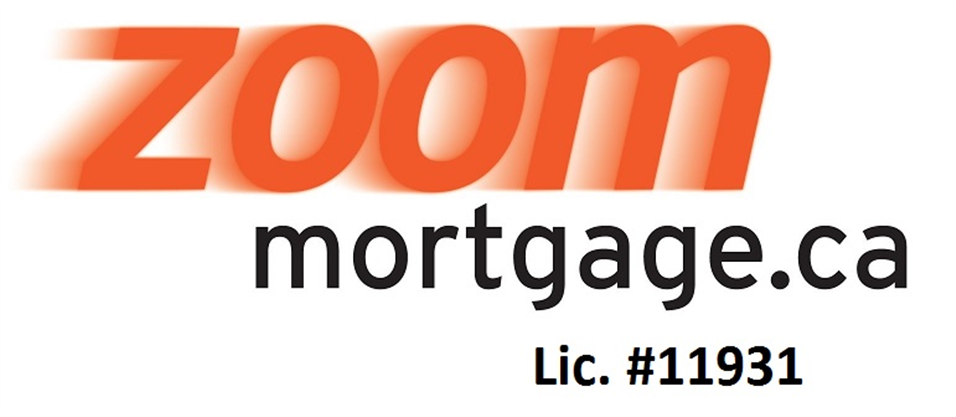
Dan Wowk
Is the First-time Home Buyers Incentive a Smart Choice for Canadains
6/26/2019
Article written by Alexandra Wowk
In March the Canada Mortgage and Housing Corporation (CMHC) announced the new First-time home buyer incentive (FTHBI), set to launch on September 2nd, 2019. The incentive presents the opportunity to receive an interest free loan of up to 10% of the property value, when purchasing your first home. The question now is, will it be worth it? The answer is not as black and white as it may seem. The mortgage industry is currently at odds about whether this new Incentive is the best choice for Canadians.
The First-time home buyer incentive is a fund set up by the CMHC. The incentive has been allotted approximately $25 000 per home with a total of $1.25 billion over the next 3 years. The fund is for those who have an income of $120 000 or less and are a first-time buyer. It will assist the buyer by paying 5% down on an existing property or 10% on a new build. This allows for a lower mortgage rate and can save Canadians up to $286 monthly. The money borrowed will not gather interest and will be paid back upon selling the property or after 25 years, which ever comes first; it can also be paid back at any time in between with no penalty.
Although this sounds like a beneficial program, there are many limitations on the fund, that could be more of a hindrance than a help. The fund is only applicable for properties of up to 4x the recipient’s income plus the incentive amount, and only when using a default insured mortgage. It is more common for a mortgage to be taken out on a property 4.5 – 4.7 times a person’s annual income, this can greatly restrict the properties available to the recipient, especially if they live in a bigger city like Toronto or Vancouver. This initiative is also only meant for mortgages exceeding 80% of the property value, meaning that a down payment larger than 20% is not an option. This could mean that it could take longer to pay back, furthermore it means more interest would gather on the mortgage costing Canadians more, over the extended time.
The amount loaned out [through the fund], while it does not grow in interest, is subject to change upon the change of the property value. If 10% is given, then 10% of the property value must be paid back, even if the house increases or decreases in value. For example, if $10 000 is put down on a $100 000 property, and the property increases to $110 000 then the owed amount increases to $11 000. The same can also be said if the house decrease in value, in which case the government must shoulder the loss. Such as if a $100 000 home decreased in value to $90 000 then the owed amount would drop to $9 000. Although it is an interest-free loan, it is still a loan that needs to be paid back.
If the loan was to be paid back after 25 years and using the average 3% increase in property value per year, using the fund would cost more than what could potentially be saved on the mortgage monthly payments. It is due to things like this that make mortgage brokers more confident that applying for a regular mortgage is better compared using the incentive.
Overall the incentive should help low income Canadians, but it is not for everyone, due to the limitations and restrictions placed upon the funds. The CMHC claims the fund should help 100 000 families within the first 3 years of active service. With the first closings on November 1st, 2019, it should be interesting to see how effective the First-time home buyer incentive is in the years to come.




























